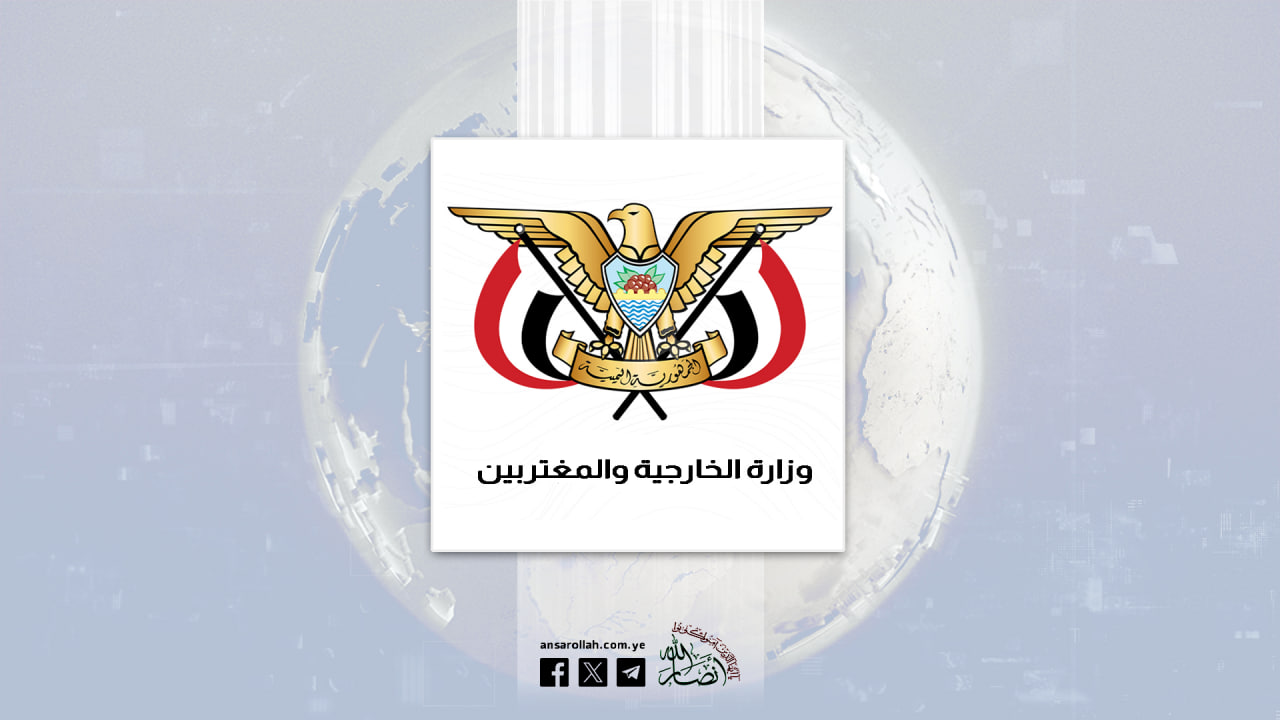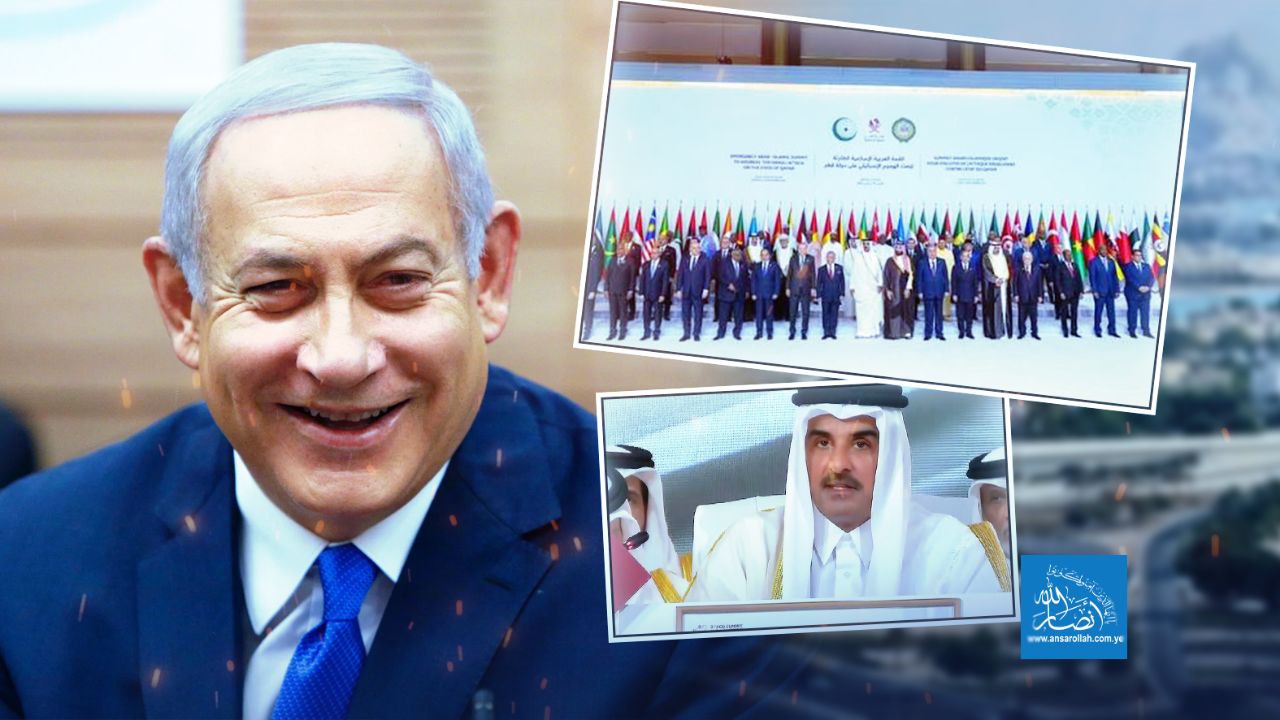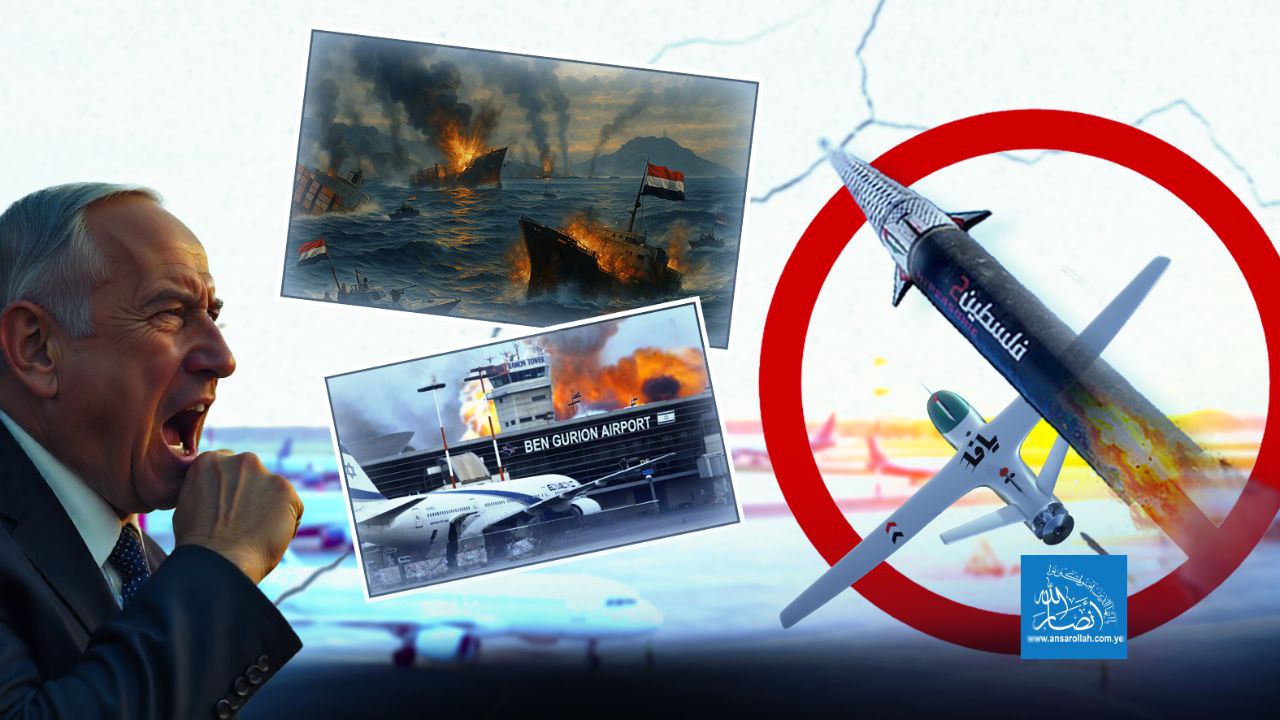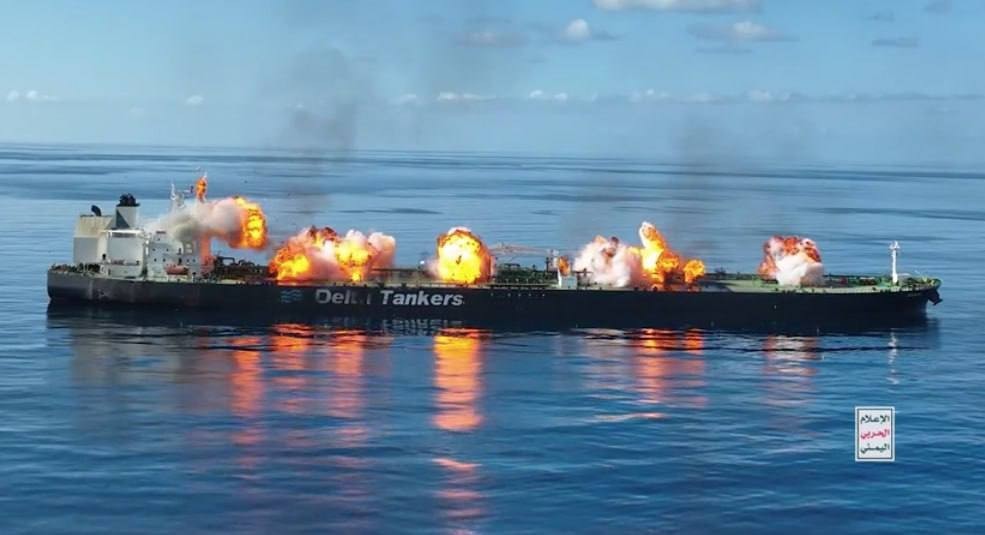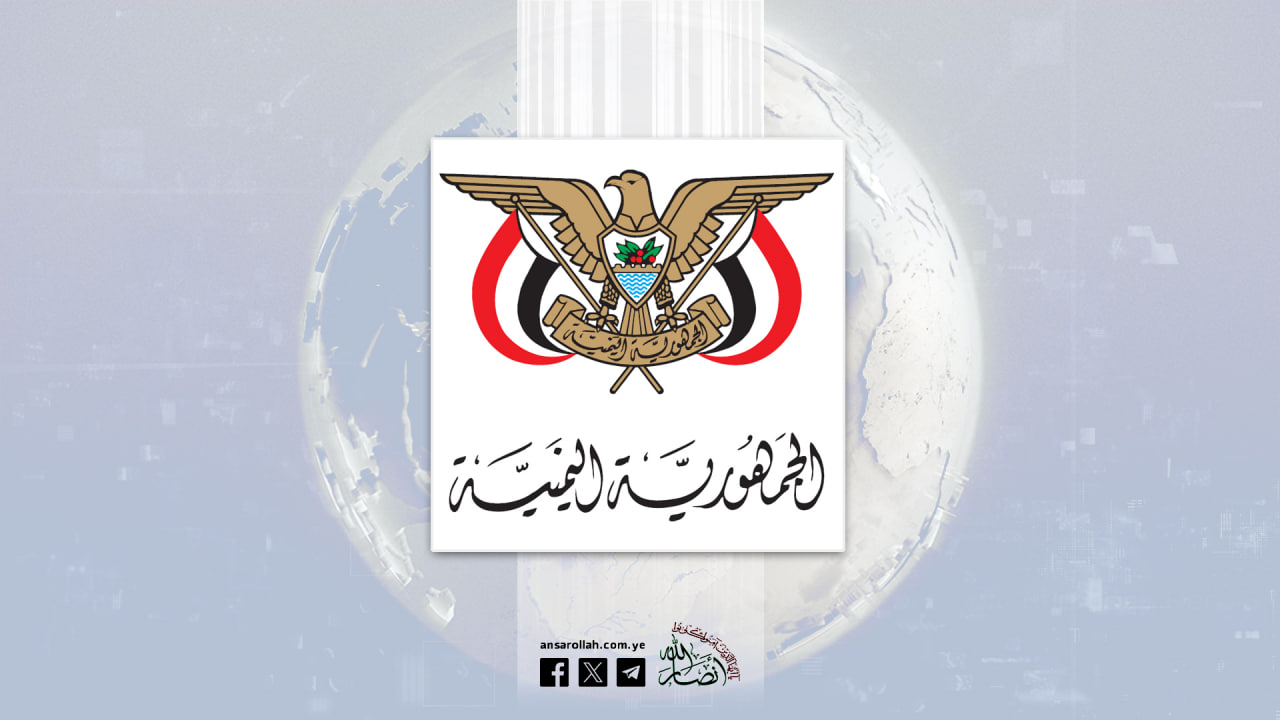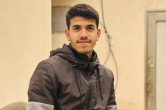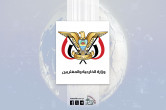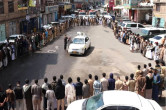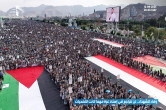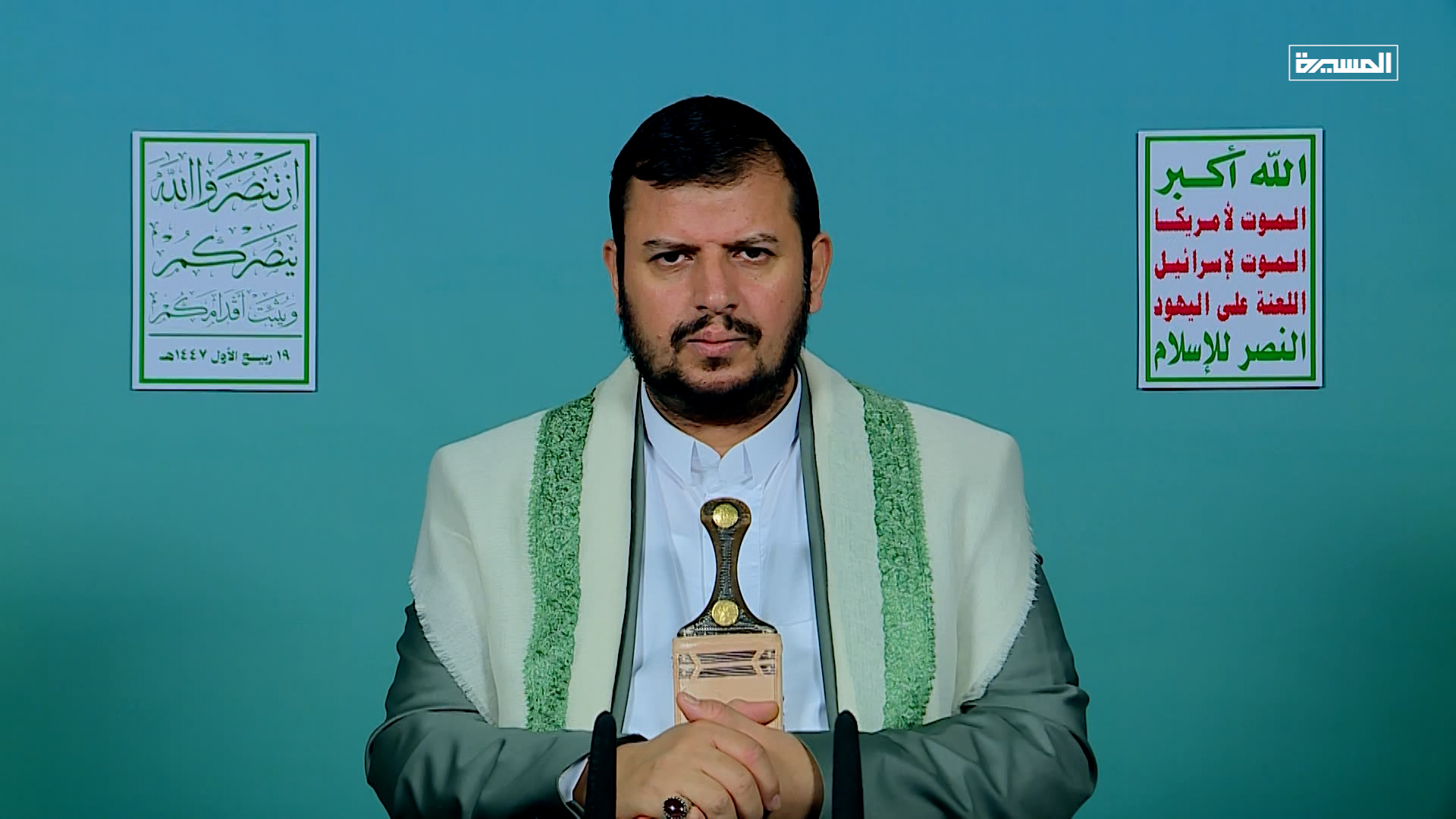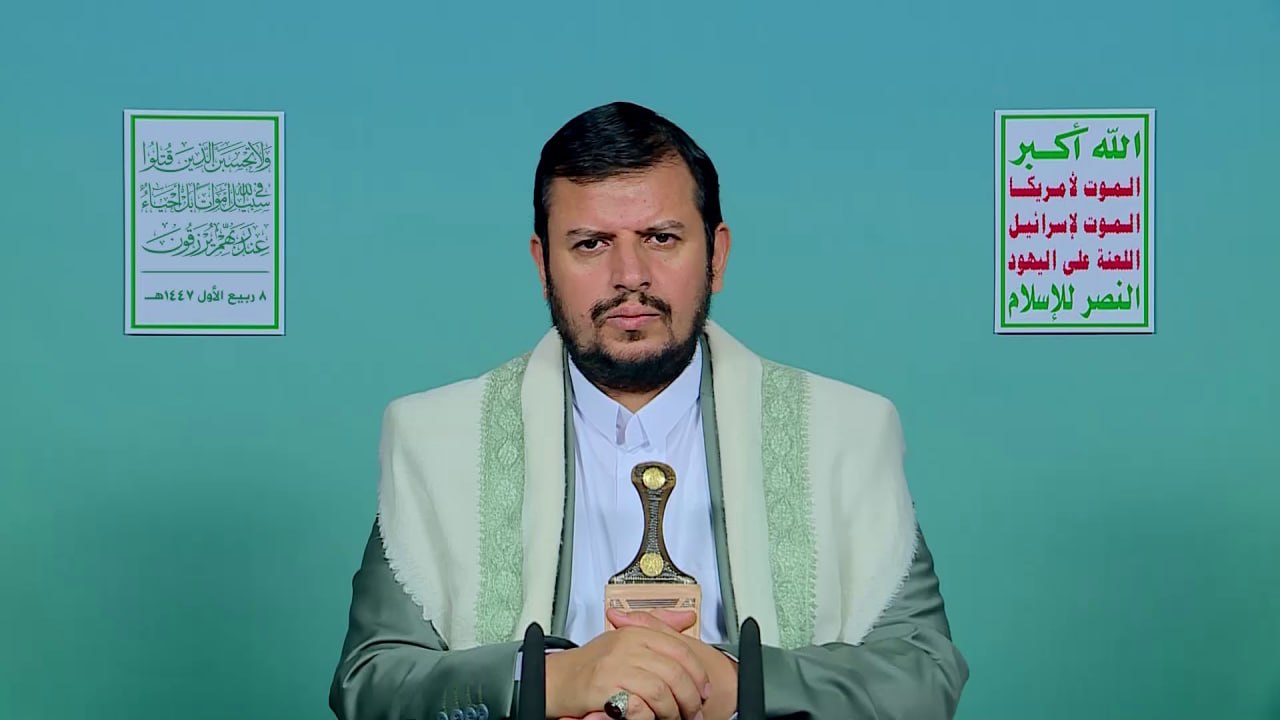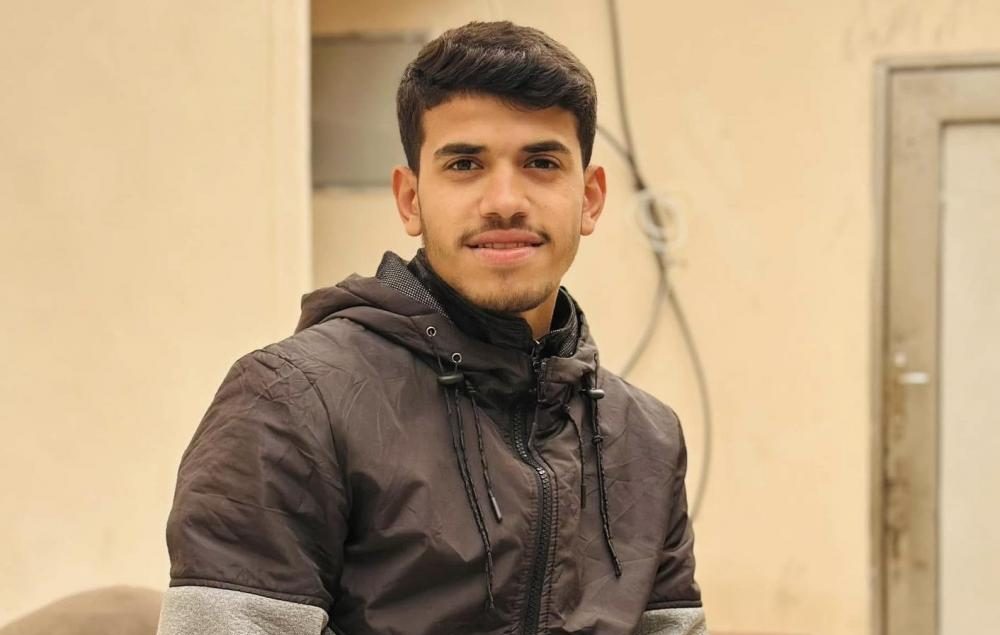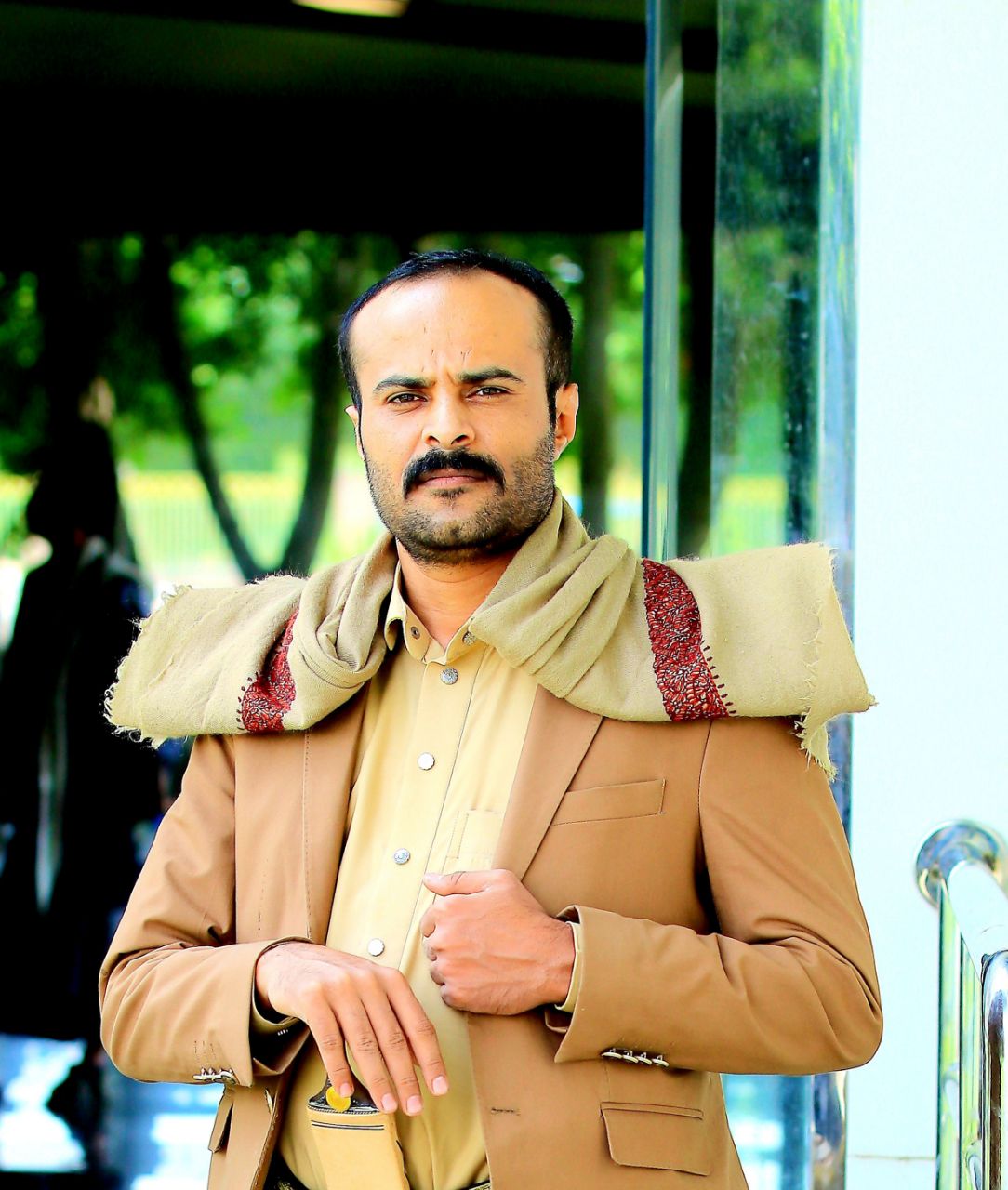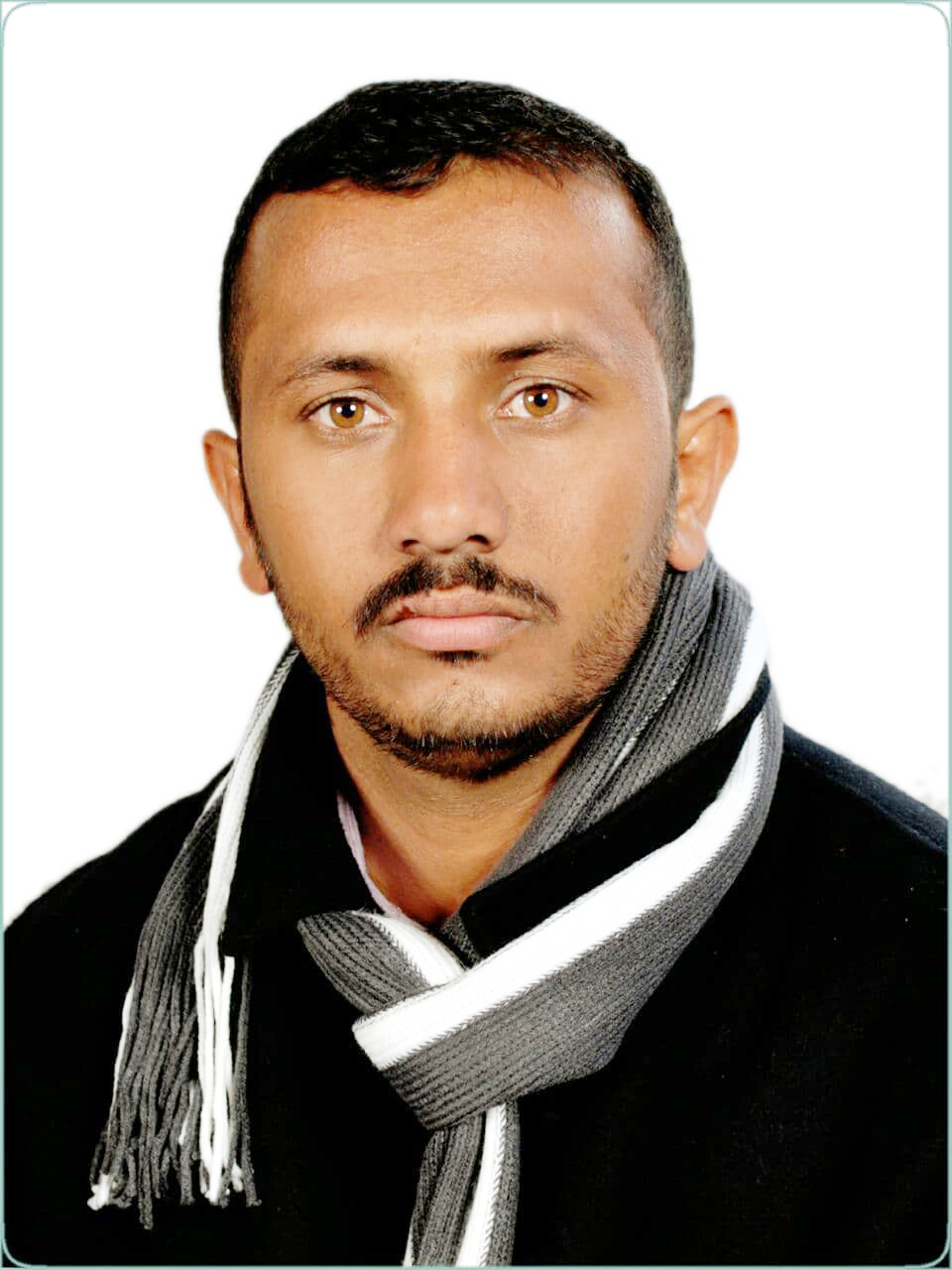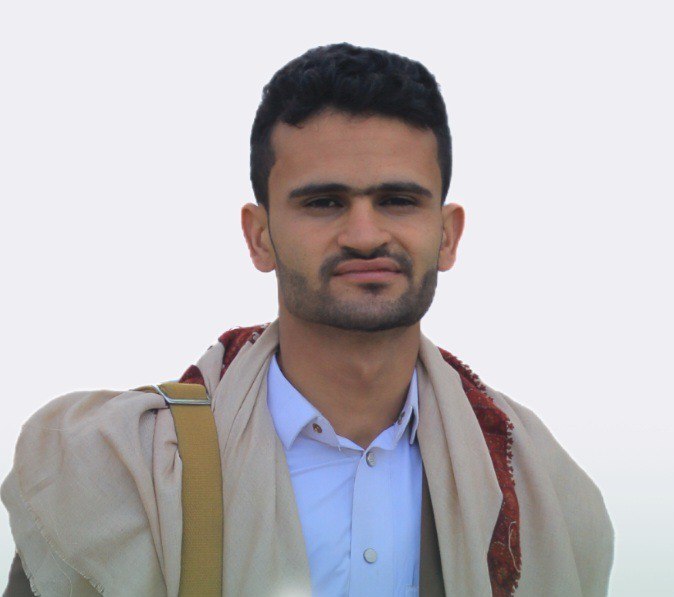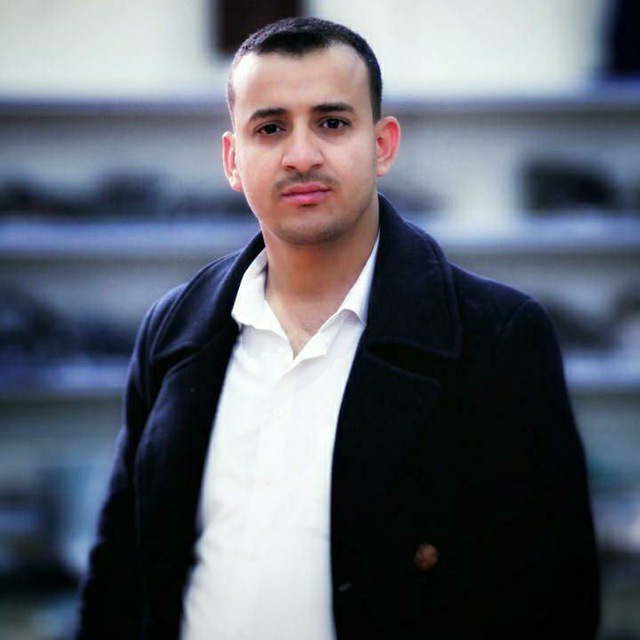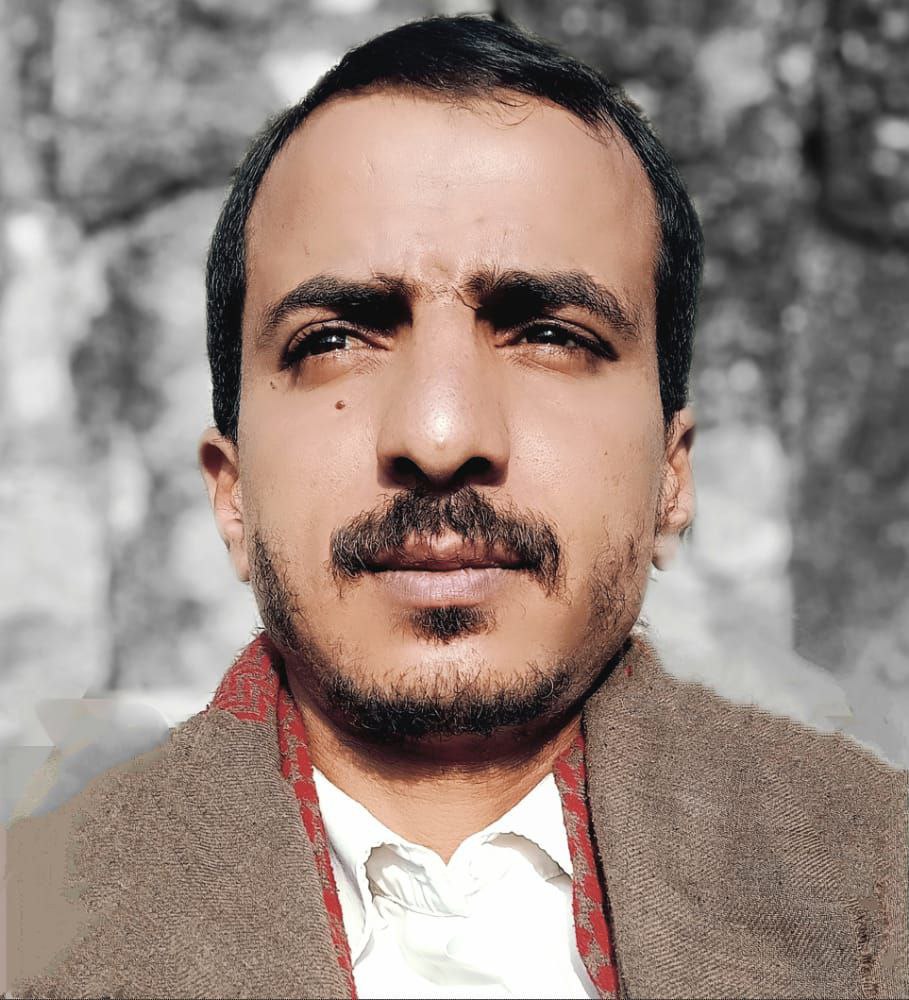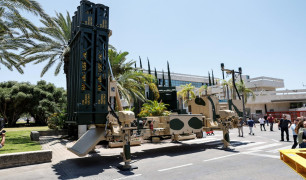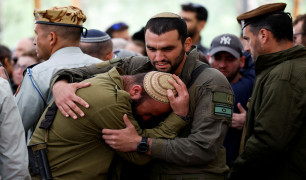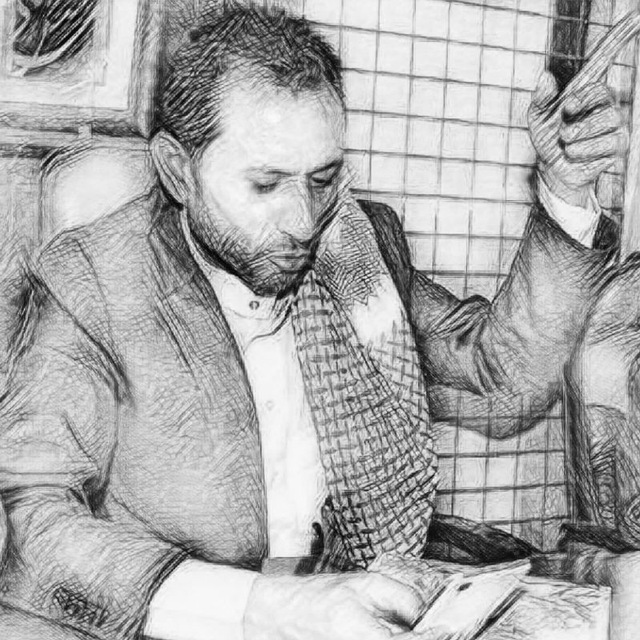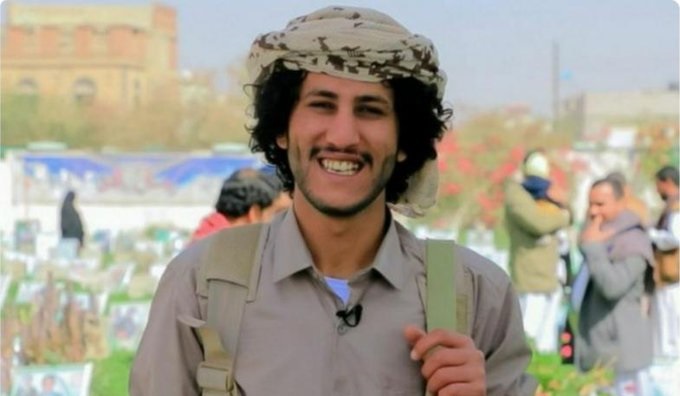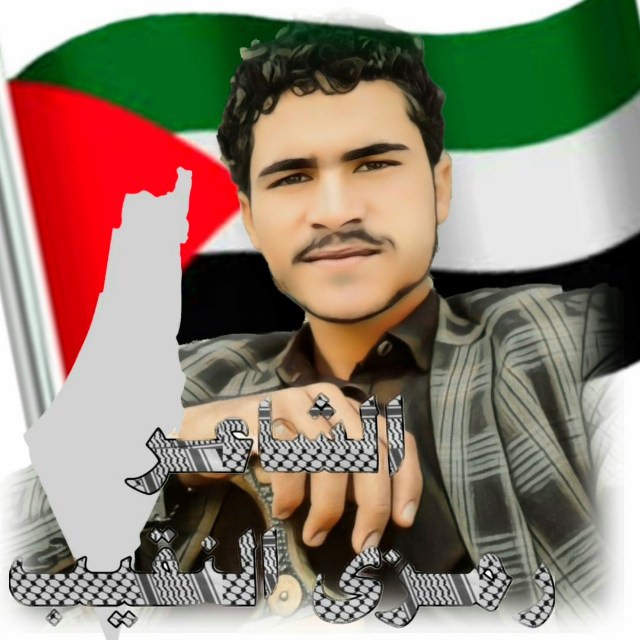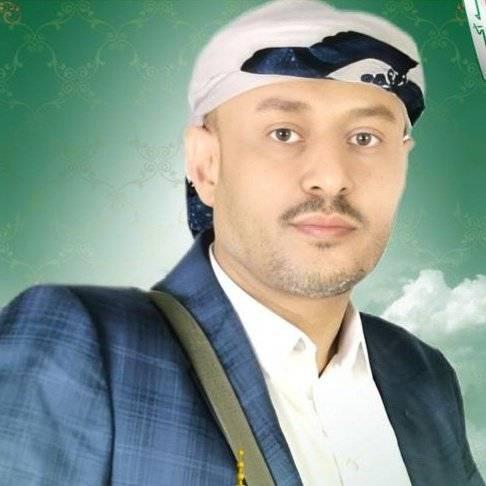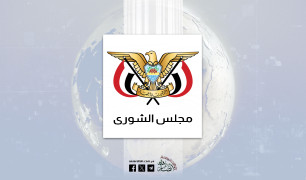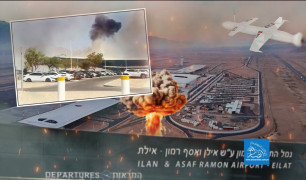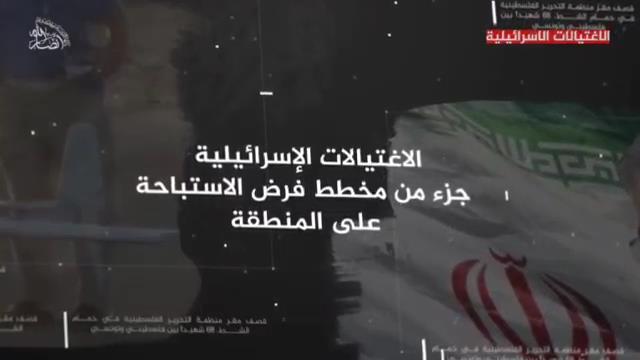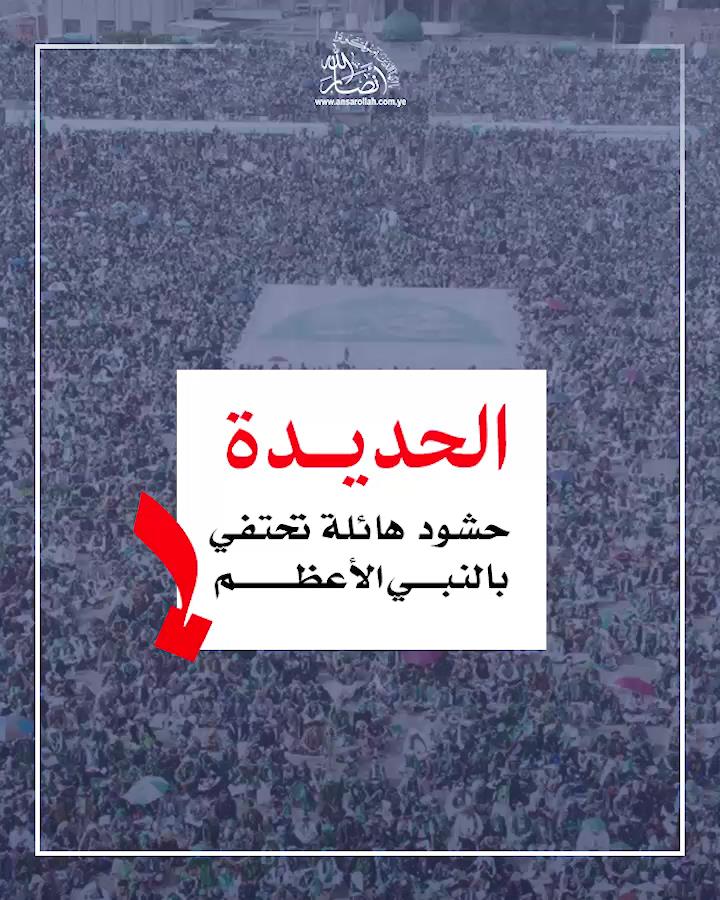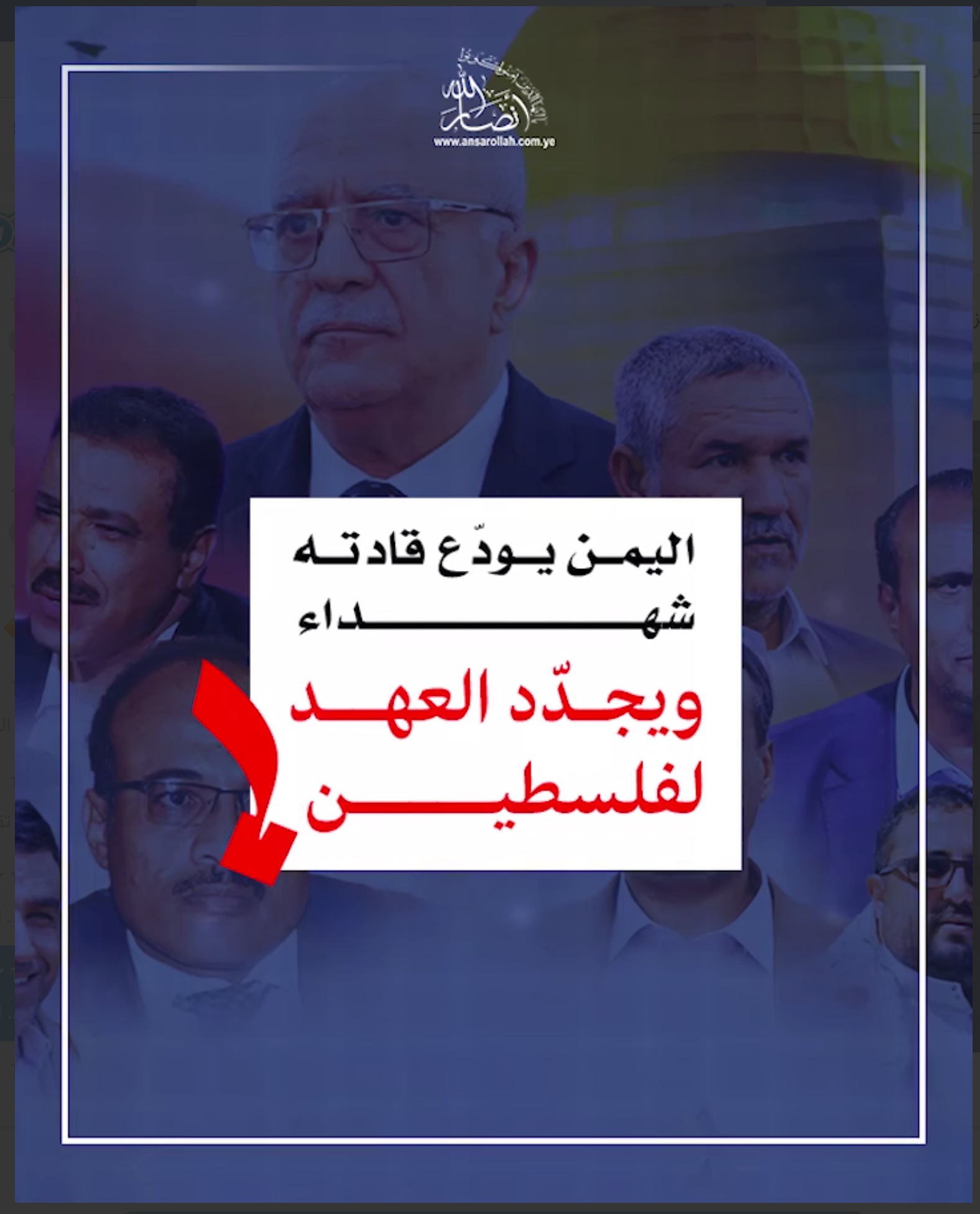سرايا القدس: دمّرنا آلية عسكرية صهيونية خلال توغلها في منطقة المغراقة وسط قطاع غزة بتفجير عبوة (ثاقب - برميلية) شديدة الانفجار
وزارة الخارجية: ما يرتكبه الكيان الصهيوني لن يثني اليمن عن موقفه المساند لغزة أو يحد من قدراته بل سيزيد من وتيرة عملياته العسكرية المساندة لغزة
وزارة الخارجية: ميناء الحديدة يُعد شريان حياة لملايين اليمنيين يتم عبره استيراد نحو 80 بالمائة من احتياجات البلاد من الغذاء والدواء والوقود والسلع الأساسية
وزارة الخارجية: كيان العدو استهدف موانئ الحديدة ورأس عيسى والصليف التي استهدفها مرات عدة لمضاعفة المعاناة الإنسانية للشعب اليمني بعد فشله في تحقيق أي انتصار عسكري
وزارة الخارجية: الكيان الصهيوني منذ يوليو الماضي استهدف المدنيين والأعيان المدنية في البلد
وزارة الخارجية تخاطب المجتمع الدولي بشأن جريمة استهداف العدو الإسرائيلي لميناء الحديدة يوم أمس
لجنة نصرة الأقصى تدعو إلى خروج مليوني في ميدان السبعين وساحات المحافظات يوم الجمعة في مسيرات "مع غزة.. لن نقبل بعار الخذلان مهما كانت جرائم العدوان"
الصحة اللبنانية: شهيدان في حصيلة أولية لغارة طيران العدو الإسرائيلي على سيارة في مدينة بعلبك شرق لبنان
وزيرة خارجية سلوفينيا: "إسرائيل" ترتكب إبادة جماعية ضد الفلسطينيين وهو ما أكدته الأمم المتحدة وعلى الاتحاد الأوروبي أن يتحرك الآن
وزيرة خارجية سلوفينيا: نرحب بالإجراءات التي اتخذها الاتحاد الأوروبي ضد "إسرائيل"


